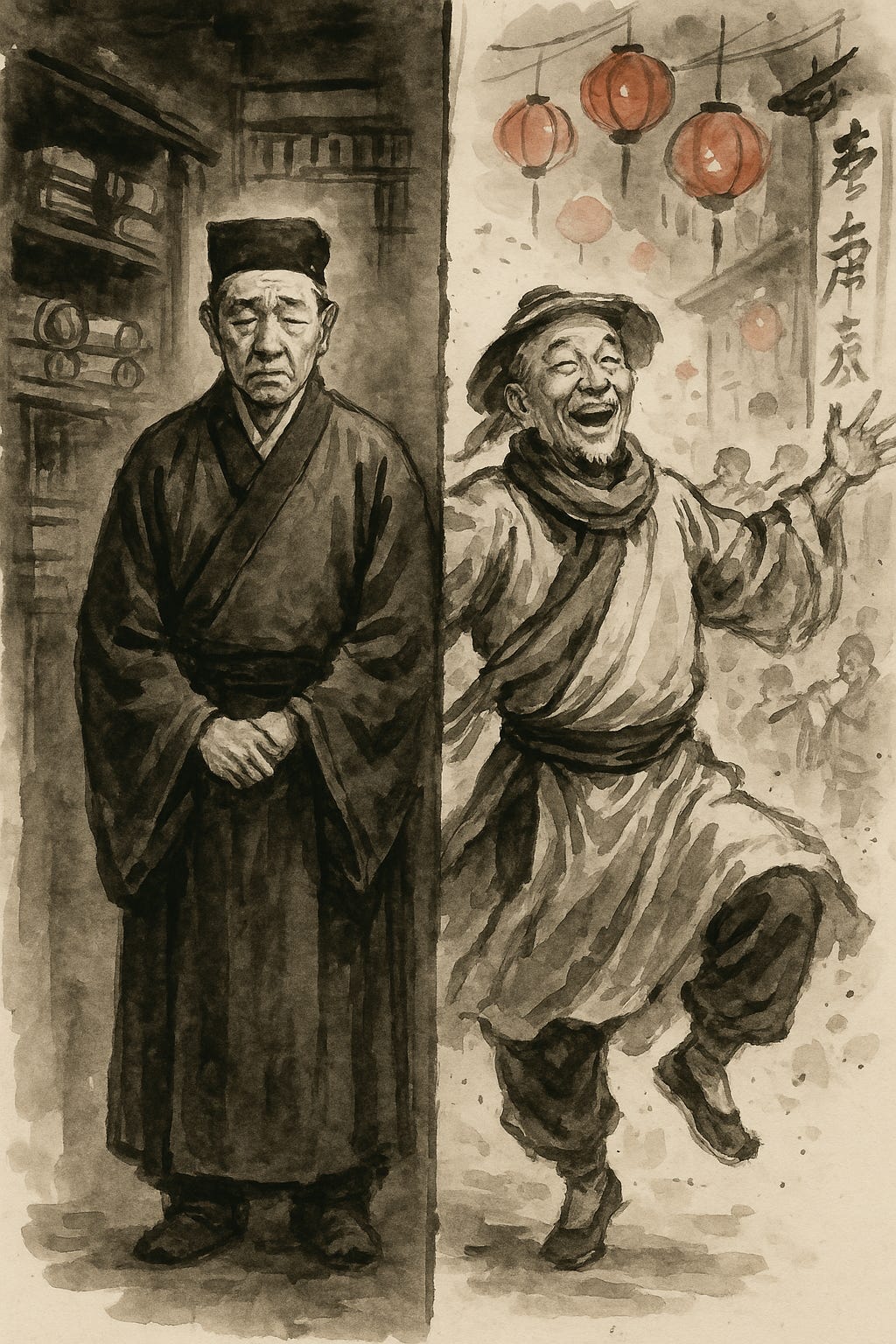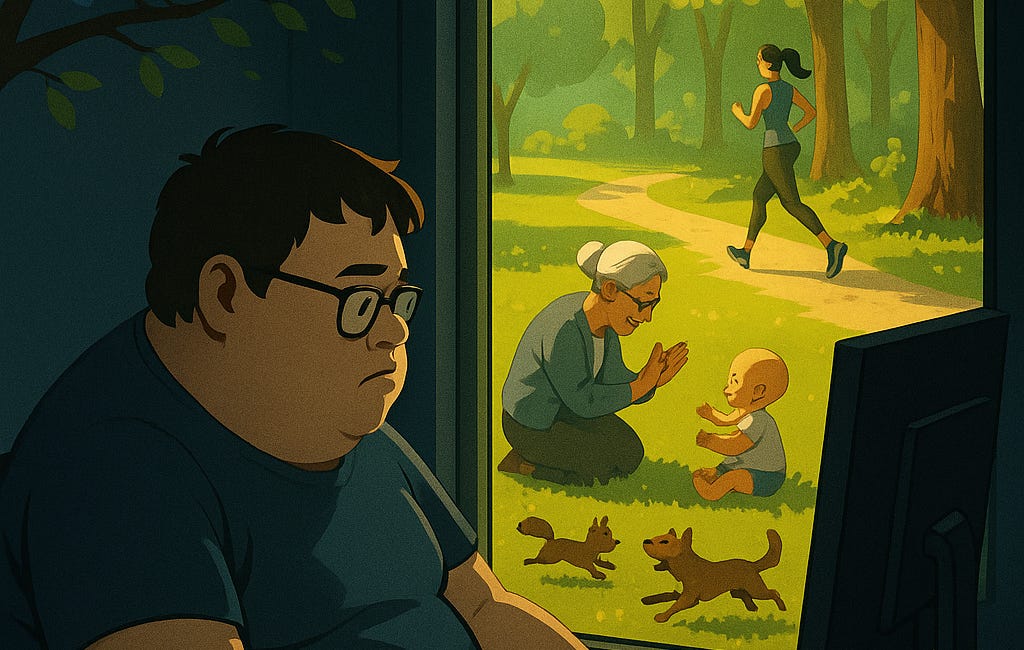Saying No to No
Two weeks ago, my post* was sparked off by the story of Emil Barr, the would-be billionaire. In turn, my post sparked off an unusual number of comments. This afternoon, in reading a text* about theater and improvisation, a paragraph seemed to respond directly to Mr. Barr:
“While it is true that some people working on compulsive energies do make successes, they have for the most part lost sight of the pleasure in the activity and are dissatisfied with their achievement. It stands to reason that if we direct all our efforts towards reaching a goal, we stand in grave danger of losing everything on which we have based our daily activities. For when a goal is superimposed on an activity instead of evolving out of it, we often feel cheated when we reach it.”In the eighties, I spent a substantial amount of time in theater, working with Barry John, and some of the most delightful moments were found in what was unrehearsed, when you responded to the actor you were engaged with as she was at that moment in time, not as each of you were in rehearsal. You both knew something special had happened, it lit your time on stage, and kept you aloft in the wings.
Off stage, we have all known moments when an inspiring answer ‘just came’, spurred us to “transcend the limitations of the familiar, courageously enter the area of the unknown, and release momentary genius”.
Improvisation for theater got its first guidebook from Viola Spolin, whom I have quoted above. Last summer, in Chicago, we watched performances at Second City, which was founded by her son, Paul Sills, thus a stage in the direct lineage of improv royalty. The work was acid, but always immediate, and when the actors broke into laughter, you knew that they were surprised by what came from themselves. And not just from within, but above all by listening and reacting.
Each actor builds on what is given to her. You never refuse an offer, but build on it. So if someone says, “It’s wonderful to be on Mars”, you don’t say, “But we are in 4th Main, 7th Cross, Indira Nagar”. Instead, you say, perhaps, “Yes, but I just wish my oxygen tank wasn’t leaking”. You can immediately see how this spins into the absurd and unexpected, eliciting chuckles for the audience, certainly, but also for the actors. They delight in this new creation taking shape before them. It belongs to none of them, yet it belongs to all of them. No one actor can take credit for it; they have to support each other so the scene as a whole shines.
And the director, the teacher who helped them get where they are? What did she teach them? More than teaching, she untaught them the normal lessons of adulthood, of conditioning and conditioned responses. Another guru of Improvisation, Keith Livingston, wrote* “I began to see children, not as immature adults, but adults as atrophied children.” Children are the masters of improvisation, of spontaneity. Normal education is designed to suppress this spontaneity. In improv, Keith wanted to develop it, give it room to be reborn.
When the teacher-director helps actors release their spontaneity, and they can react honestly and generously to each other, he can launch them onto the stage. This is an act of extreme trust, mirrored in their trust of each other, without the scaffolding of a text and rehearsed moves. What happens on stage is inspired by the teacher, yet removed from her.
For the teacher, Keith writes, it is much like the Tao te Ching.
When his task is accomplished and his work done the people all say, ‘It happened to us naturally’. I take no action and the people are transformed of themselves. I am not meddlesome and the people prosper of themselves.The first rule of improvisation is never to say ‘No’. Everything your co-actor says or does is an offer you can build on. This is a valuable prescription for a rich life, even if there will always be exceptions, offers you must refuse. But, too often, we refuse offers because they scare us, because they require us to divert from easy frames of reference. I don’t live on Mars. How can I live on Mars?
And then the offers stop coming. Above all, we close ourselves off. We think we are too old to change our frames of reference, that creativity belongs to the young. In the introduction to Keith Livingstone’s book, I read these wonderful words by Irving Wardle:
You are not imaginatively impotent until you are dead; you are only frozen up. Switch off the no-saying intellect and welcome the unconscious as a friend: it will lead you to places you never dreamed of, and produce results more ‘original’ than anything you could achieve by aiming at originality.*
In Defence of Mediocrity
“Work-life Balance Will Keep You Mediocre”, read the title of an article my friend Chippy sent me last week. I was partly engaged in something else. In the smartphone age, we are more often than not partly engaged in something else, so without reading the article, I typed back,
*Improvisation for the Theater Viola Spolin
*Impro Keith Livingstone



Keith Johnstone, that's right.
Do you mean Keith Johnstone? His book and Ted talk are both excellent!